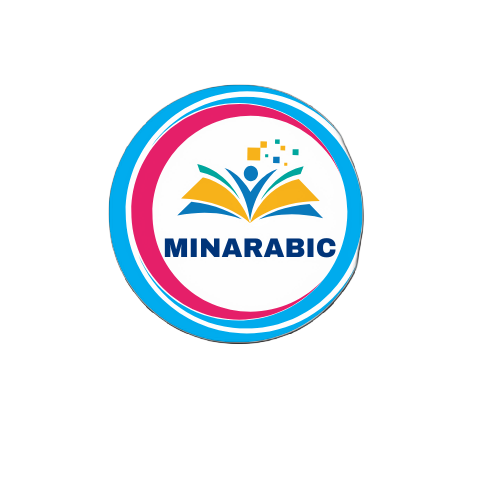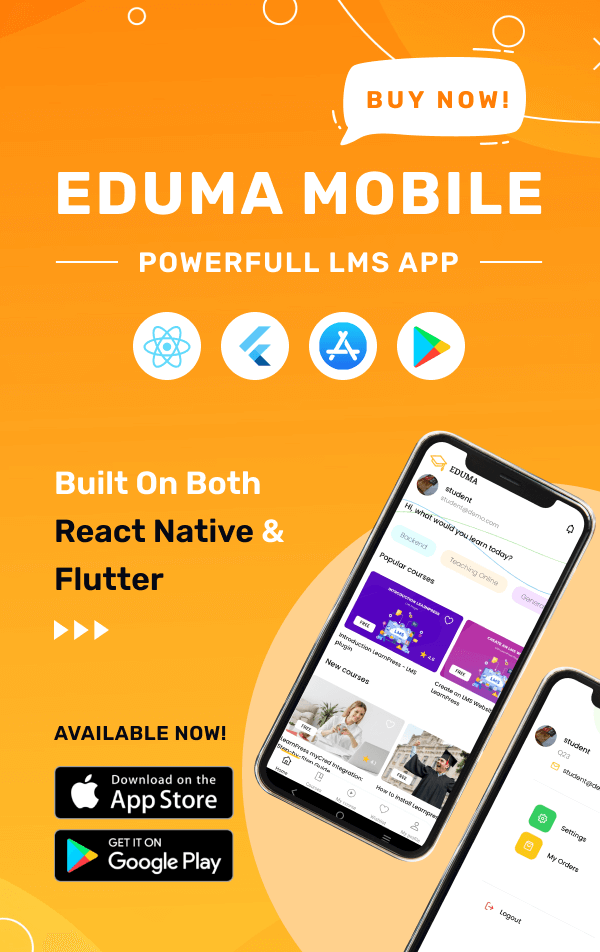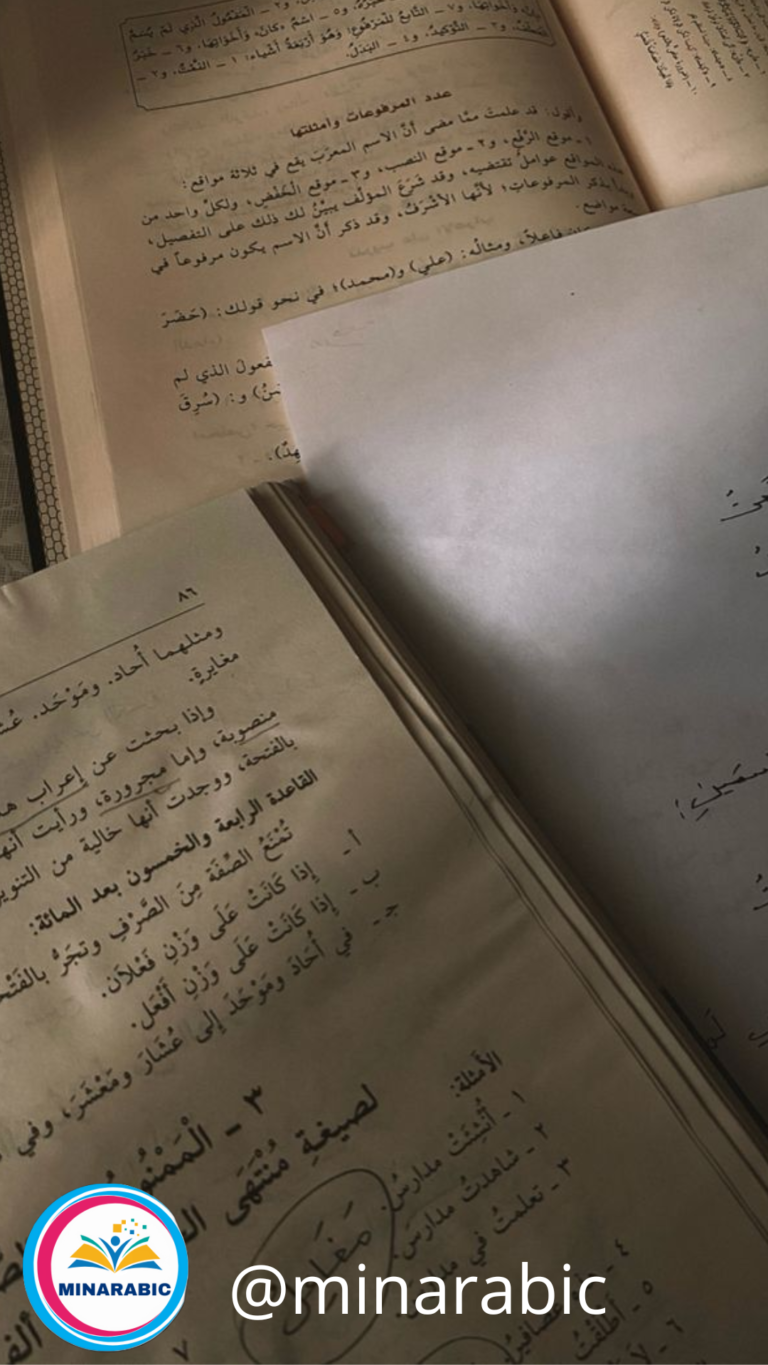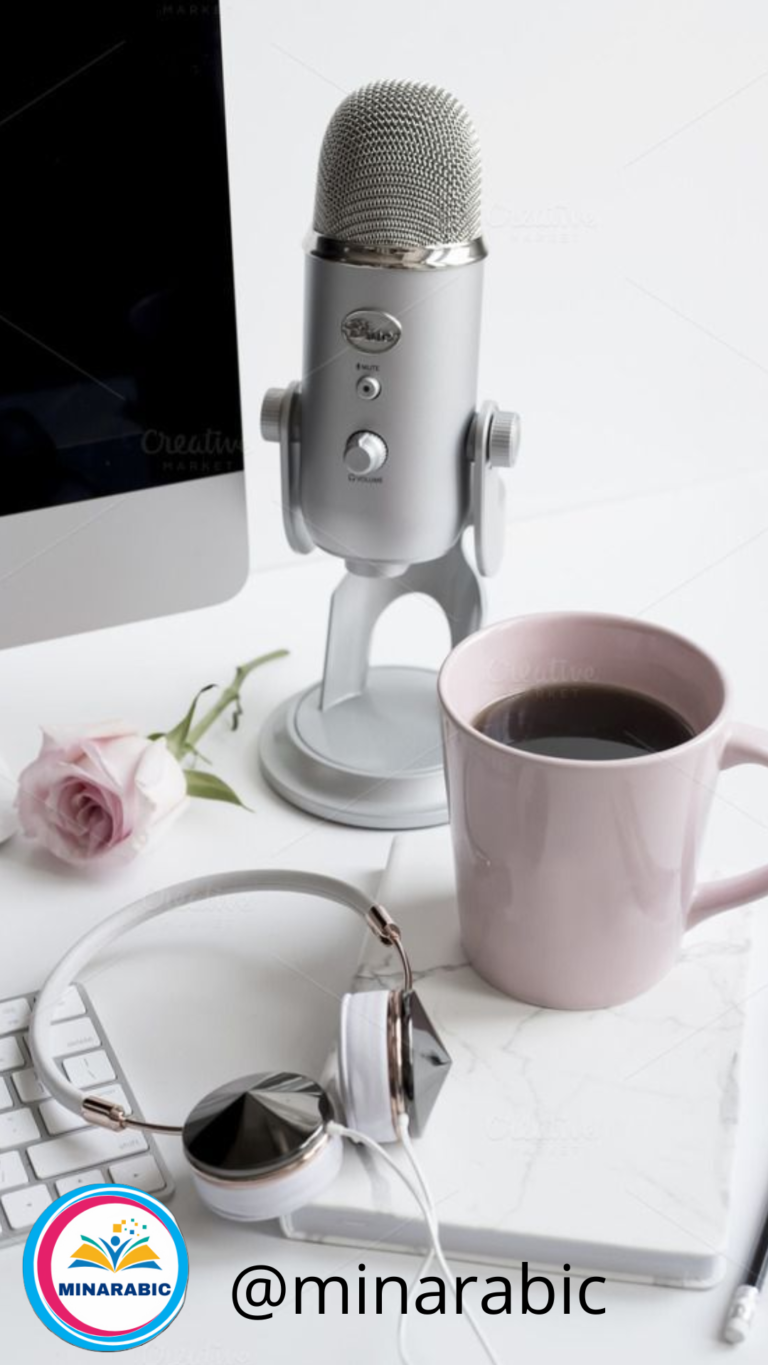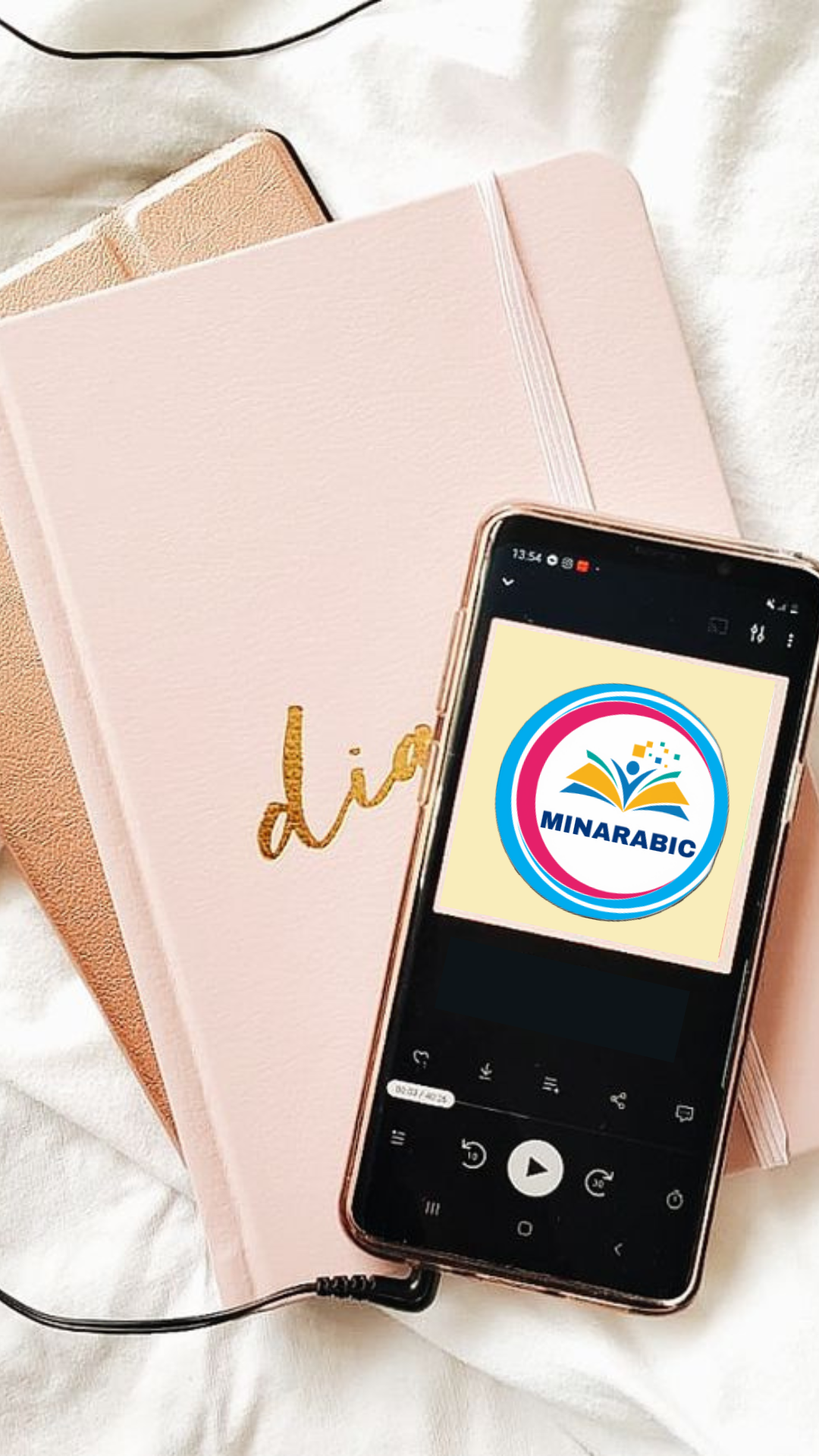

Improve Arabic Listening Skills
How to Improve Your Arabic Listening Skills with Native Content
Improving your Arabic listening skills is a crucial step toward fluency. Listening to native Arabic content not only enhances comprehension but also deepens your understanding of cultural nuances and accents. Whether you’re learning Modern Standard Arabic or a specific dialect, integrating native content into your study routine can make a significant difference.
Here are some practical tips to improve your Arabic listening skills with native content:
1. Start with Contextual Content
Begin with audio or video materials that provide a clear context. Children’s shows, news broadcasts, or podcasts on familiar topics can help you follow along even if you don’t understand every word. Context helps your brain fill in the gaps and improves comprehension over time.
Suggestions:
- Watch Arabic cartoons with subtitles.
- Listen to beginner-friendly podcasts.
- Use language apps with Arabic listening exercises.
- https://www.youtube.com/watch?v=hapNQzy7YFk&t=7903s
2. Use Subtitles Strategically
Subtitles are a great tool when used correctly. Start by watching content with Arabic subtitles so you can see how words are pronounced and used in context. Gradually transition to no subtitles as your listening skills improve.
Pro Tip: Avoid relying on English subtitles for too long. Aim to connect spoken Arabic directly with its meaning.
3. Focus on Repetition
Repetition is key to mastering any language. Select short clips or audio files and listen to them multiple times. Focus on different aspects each time, such as understanding the main idea, identifying new vocabulary, or mimicking pronunciation.
Practice Routine:
- Listen to a short dialogue three times.
- Write down key phrases you recognize.
- Repeat sentences aloud to practice pronunciation.
4. Diversify Your Listening Sources
Expose yourself to various types of Arabic content to get used to different accents, tones, and speaking speeds. Modern Standard Arabic (MSA) is widely used in news and formal content, while dialects dominate everyday conversations and entertainment.
Suggestions:
- News outlets like Al Jazeera or BBC Arabic (MSA).
- Dialect-specific TV shows or YouTube channels.
- Arabic music or audiobooks.
5. Engage with Interactive Content
Interactive content allows you to listen and respond, which improves active listening skills. Language exchange apps, online tutors, and interactive podcasts encourage active engagement rather than passive listening.
Options:
- Participate in live conversation groups.
- Use apps like Tandem or HelloTalk to chat with native speakers.
- Try listening comprehension quizzes.
6. Pay Attention to Intonation and Rhythm
Arabic has a distinct rhythm and intonation that can be challenging for beginners. Pay attention to how native speakers stress certain words or syllables and how their tone changes in different contexts.
Tip: Mimic native speakers’ intonation to sound more natural.
7. Immerse Yourself in Real-Life Situations
Whenever possible, immerse yourself in Arabic-speaking environments. Travel to an Arabic-speaking country, join a local Arabic club, or attend cultural events. Real-life exposure sharpens listening skills and gives you firsthand experience with colloquial expressions.
8. Be Patient and Consistent
Improving your listening skills takes time and dedication. Set realistic goals and track your progress. Celebrate small victories, like understanding a new phrase or following a conversation without needing subtitles.
Final Thoughts
Listening to native Arabic content is one of the most effective ways to boost your language skills. By diversifying your sources, practicing regularly, and immersing yourself in real-life contexts, you’ll gradually develop the ability to understand and communicate effectively in Arabic, Click here.
Categories
Tags
You May Also Like
-
-
February 7, 2025
-
-
February 7, 2025
-
-
February 3, 2025
